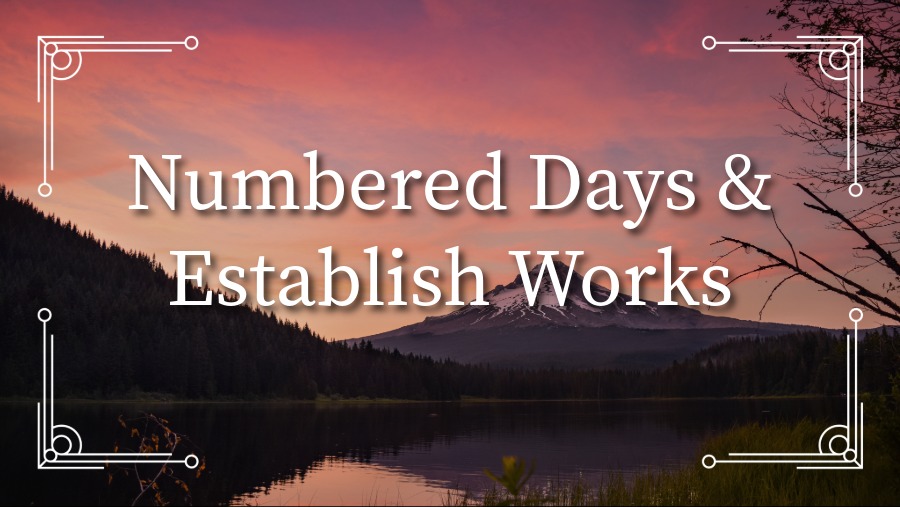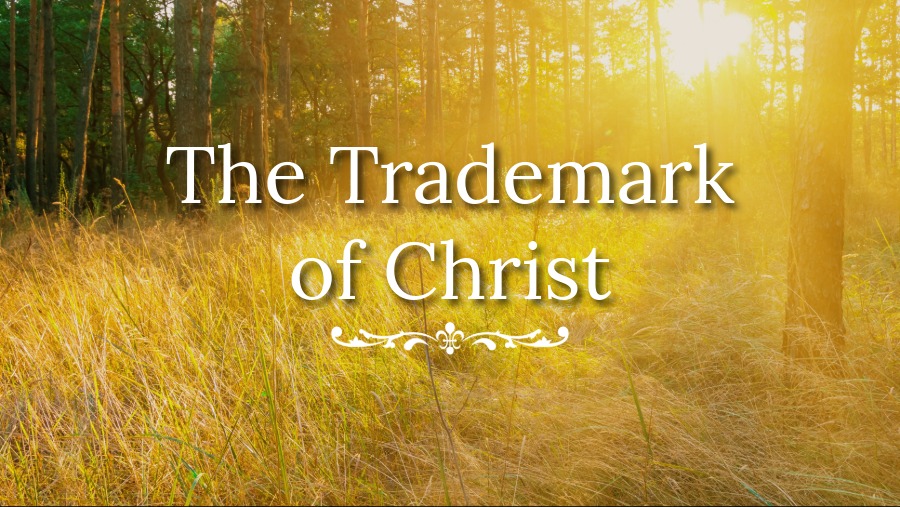
God's Sovereignty and Israel's Place
The message opens by pushing back on a common tendency: wanting practical “how-to” steps while skipping the doctrinal “why.” Without doctrine, application withers. Like taking a prescription without knowing its purpose, believers eventually stop “taking” the practices (Bible, prayer, holiness) if they don’t grasp the truths that ground them. Romans—dense with doctrine—must be heard patiently so that obedience flows from understanding.
Paul’s Burden and the Question of Israel (Romans 9:1–5)
Paul begins with triple-emphatic sincerity—“I say the truth… I lie not… my conscience also bearing me witness”—to communicate crushing sorrow for Israel’s unbelief. He even says he could wish himself “accursed from Christ” for his kinsmen. Israel possessed extraordinary privileges:
- Adoption (chosen as God’s covenant people)
- Glory (temple presence)
- Covenants and Law
- Priestly service
- The promises and ultimately the Messiah
Yet many rejected Christ. The preacher notes this is the pastoral burden that fuels mission: longing to see people actually come to God, not merely to grow numbers.
“Not All Israel Is Israel” — Heritage Isn’t Saving Faith (9:6–9)
Paul anticipates a charge: did God’s word fail? No. “They are not all Israel who are of Israel.” Merely belonging to the visible people (or to a church) doesn’t equate to belonging to the true, believing people. Heritage—“seed of Abraham”—is not saving faith. God’s promise has always been received by faith, not lineage.
Election in Context — God’s Freedom and Human Responsibility (9:10–13)
Referencing Isaac’s sons, Jacob and Esau, Paul cites God’s choice (“the elder shall serve the younger,” “Jacob have I loved, Esau have I hated”). The preacher stresses Paul’s focus is not individual predestination to heaven or hell in this paragraph, but God’s freedom to choose lines and nations through which His purposes unfold. God selects instruments for His plan (e.g., Israel), yet that selection never cancels personal responsibility. God positions, equips, and invites; people still must respond.
Mercy and Hardening — How Do They Work? (9:14–18)
Paul confronts the question: Is God unjust? “God forbid.” God says to Moses, “I will have mercy on whom I will have mercy.” Mercy is compassion toward the undeserving—not a wage owed. The preacher reframes “hardening” using Exodus and Romans 1. Pharaoh repeatedly chose defiance; likewise, humanity “knew God” but refused to honor Him, so “God gave them up.” The image: a father repeatedly pulling a child from a fire; at some point, if the child keeps rushing back, the father permits the chosen path. Hardening is thus God judicially confirming a path a person has already insisted upon. God is active in judgment and mercy, yet human choices are real and consequential.
Key point: God’s mercy does not override the will; He calls, warns, and woos, but does not coerce. When people persistently reject Him, He “gives them up” to what they demand.
Potter and Clay — God’s Rights; God’s Patience (9:19–24)
Paul addresses the protest: “Why does He still find fault?” He answers with the potter-clay image. As Creator, God has rights over His creation. Yet the emphasis here is not cold fatalism; it’s God’s longsuffering. He endures “vessels of wrath fitted to destruction” so that the riches of His glory toward “vessels of mercy” are displayed. The preacher frames this in salvation history: across rising and falling nations (Israelites and Gentiles), God’s patience magnifies His mercy. The purpose is not to argue that some are created to be thrown away, but to reveal that God’s sovereign plan stands even as He bears long with human rebellion.
Hosea and Isaiah — Gentiles Included, a Remnant Preserved (9:25–29)
Paul quotes Hosea to show that those once “not My people” (Gentiles) will be called “My people.” He quotes Isaiah to show that among Israel there will be a remnant—not all, but some—who are saved. Two parallel truths:
- Inclusion: God always intended to widen mercy beyond ethnic Israel.
- Preservation: Despite widespread unbelief, God preserves a remnant, preventing Israel from becoming like Sodom and Gomorrah—completely swept away.
Thus, Gentile inclusion is not replacement but continuation and expansion of God’s promise in Christ.
The Stumbling Stone — Why Israel Missed It, Why Gentiles Found It (9:30–33)
Paul crystallizes the issue:
- Gentiles who weren’t pursuing the law attained righteousness—by faith.
- Israel, pursuing a “law of righteousness,” did not attain—because they sought it by works rather than by faith.
Christ is the “stumbling stone.” Israel stumbled because they treated the rock wrongly—tripping over it rather than standing on it. Righteousness comes not by grasping the law as a ladder, but by trusting the Lawgiver who fulfilled it. Those who believe on Him “shall not be ashamed.”
The preacher’s paraphrase: Israel “went to the store” (the law) but came home without the actual groceries (Christ). They clung to what God gave (the law) and missed God Himself (the Giver).
Doctrinal Synthesis
- God’s Word has not failed. The promise was always received by faith. Visible membership (Israel, church) ≠ saving faith.
- God is free and wise in unfolding His plan. His historical choices (Jacob over Esau; Israel as the covenant nation) advance redemption.
- Mercy is undeserved and sovereignly bestowed. It is never earned; God’s compassion moves toward the undeserving.
- Human responsibility is real. People can insist on their own way until God “gives them up” to it; hardening confirms a chosen path.
- Christ is the decisive issue. The dividing line isn’t ethnicity or law-performance but faith in the crucified and risen “stumbling stone.”
- Gentile inclusion and Israel’s remnant fulfill Scripture: God widens mercy while preserving a faithful core.
Pastoral Application: Stand on the Rock You’re Tripping Over
- Stop fighting God. The recurring image of resisting rescue (running back into the fire) pictures how we resist grace. Yield to the One pulling you out.
- Stand where you’ve been stumbling. If church feels like a chore, Scripture a bore, and holiness a burden, you’re treating the “stone” as an obstacle, not a foundation. Place Christ in the proper position under your feet—not in your way.
- Faith alone saves; obedience follows. The only “requirement” for salvation is faith; obedience is the result of that faith. We “trust and obey,” but obedience is the overflow of love and gratitude, not the ticket through the door.
- Be who God made you—faithfully. God forms vessels with purpose. Don’t waste energy resenting your design; instead, pursue being the best version of who God made you, growing in holiness rather than hiding behind “that’s just who I am.”
- Carry Paul’s burden. Long for people—including those outside our background—to come to Christ. The goal isn’t headcount; it’s a flourishing community under Christ where the elderly bring stability, the young bring energy, and the nations gather in one family.
Bottom Line
Romans 9 is not a cold treatise on fate; it is a warm, weighty portrait of God’s mercy in motion through history—and a mirror for our hearts. God sovereignly steers redemption while honoring human agency. Israel stumbled because it reached for righteousness by works; Gentiles stood because they received righteousness by faith. Today, the call is the same: stand on Christ the Rock, don’t stumble over Him. Trust Him for salvation; let obedience rise as grateful fruit. And join Paul’s burden—pray, love, and labor so that more people step onto the Rock rather than trip over it.










.jpeg)











